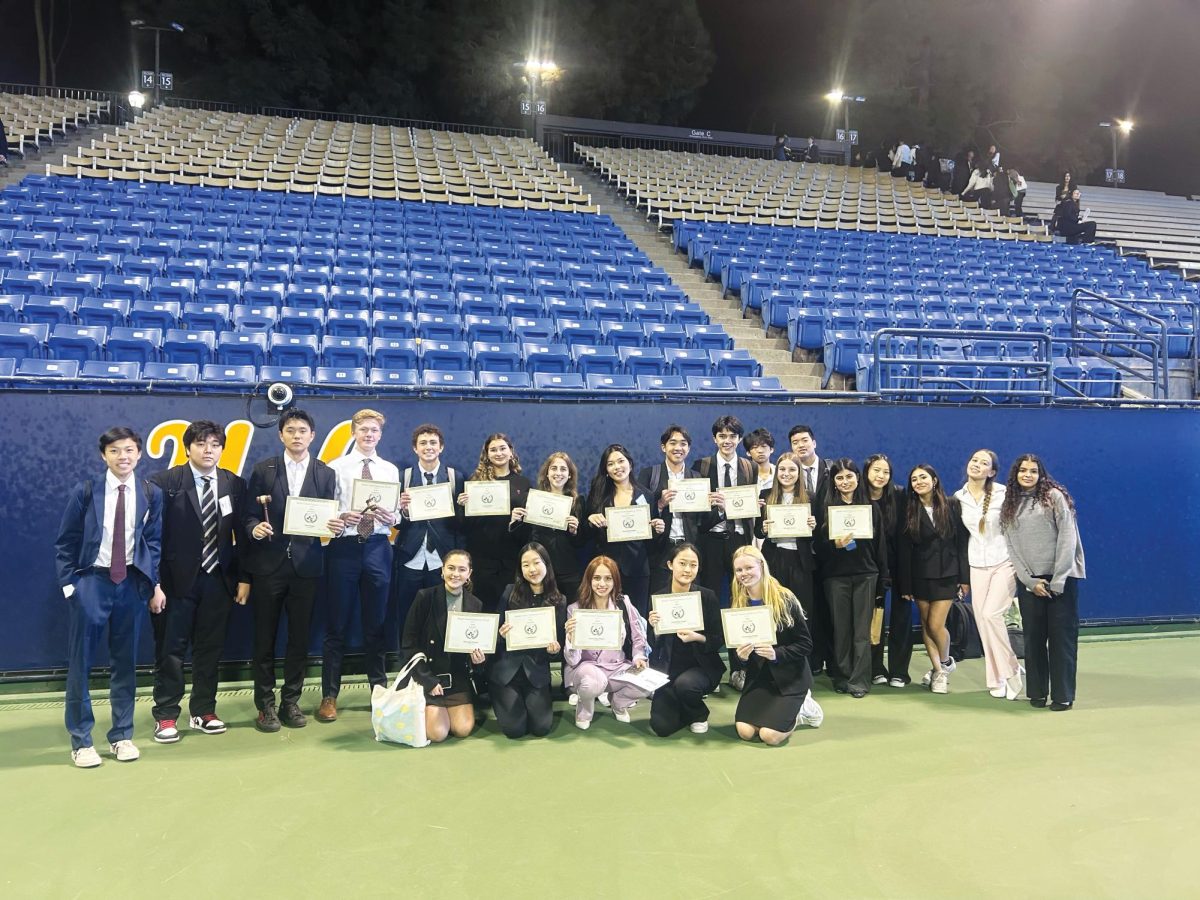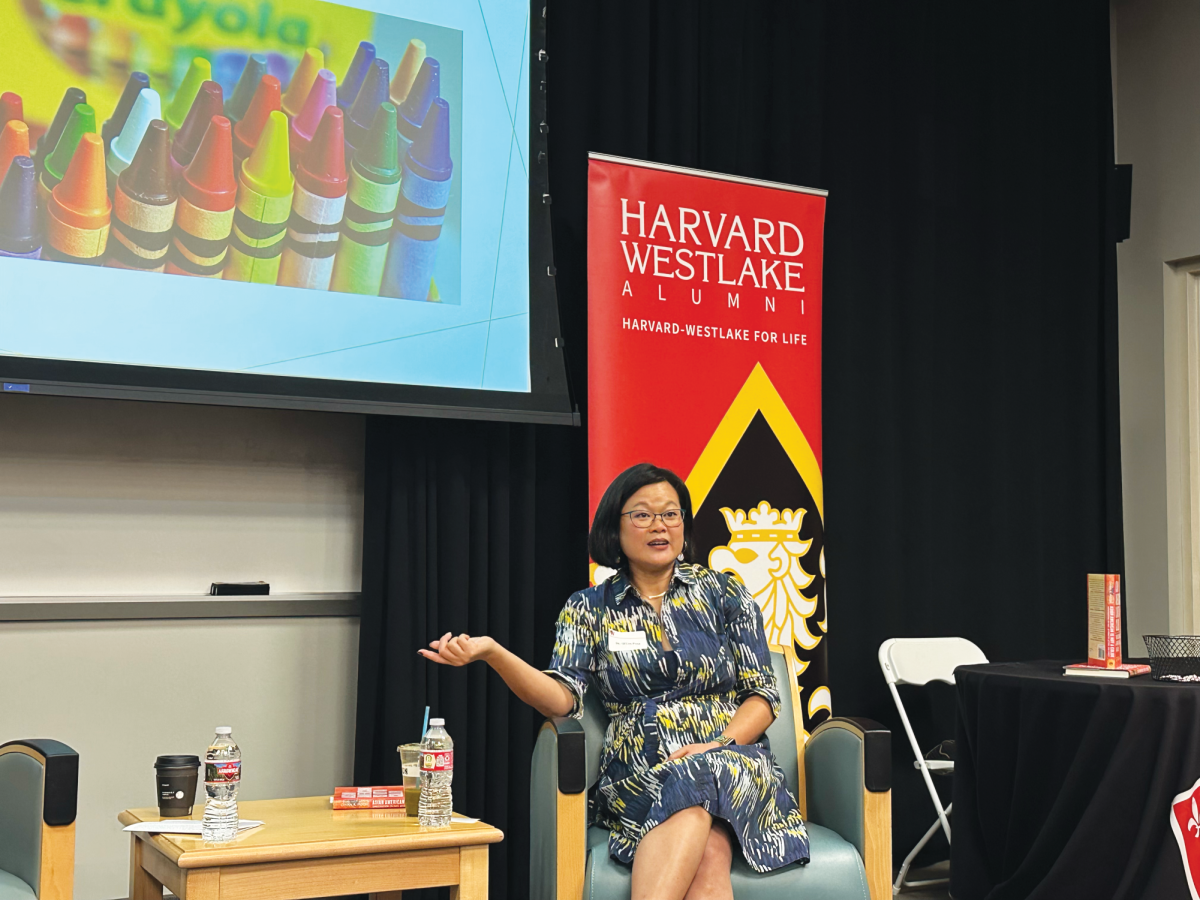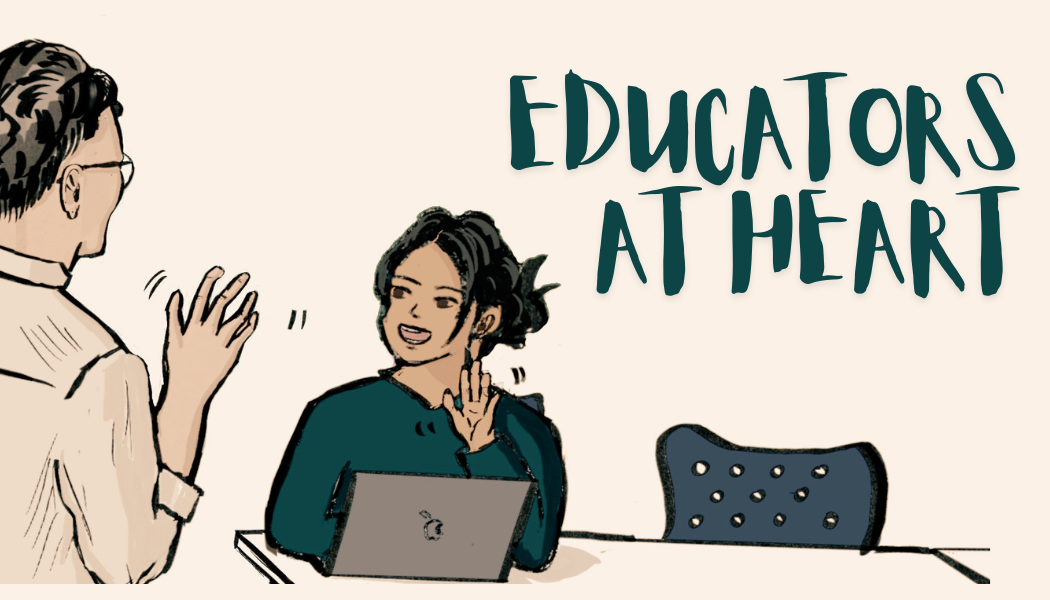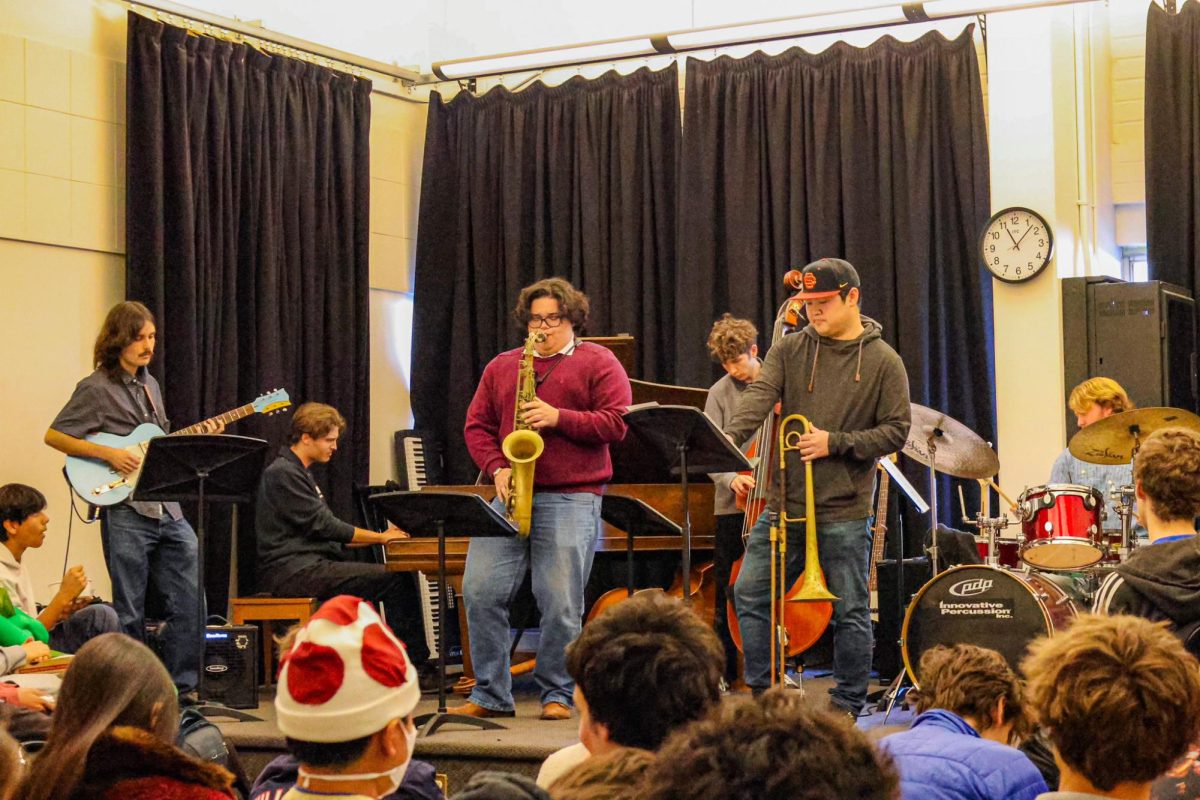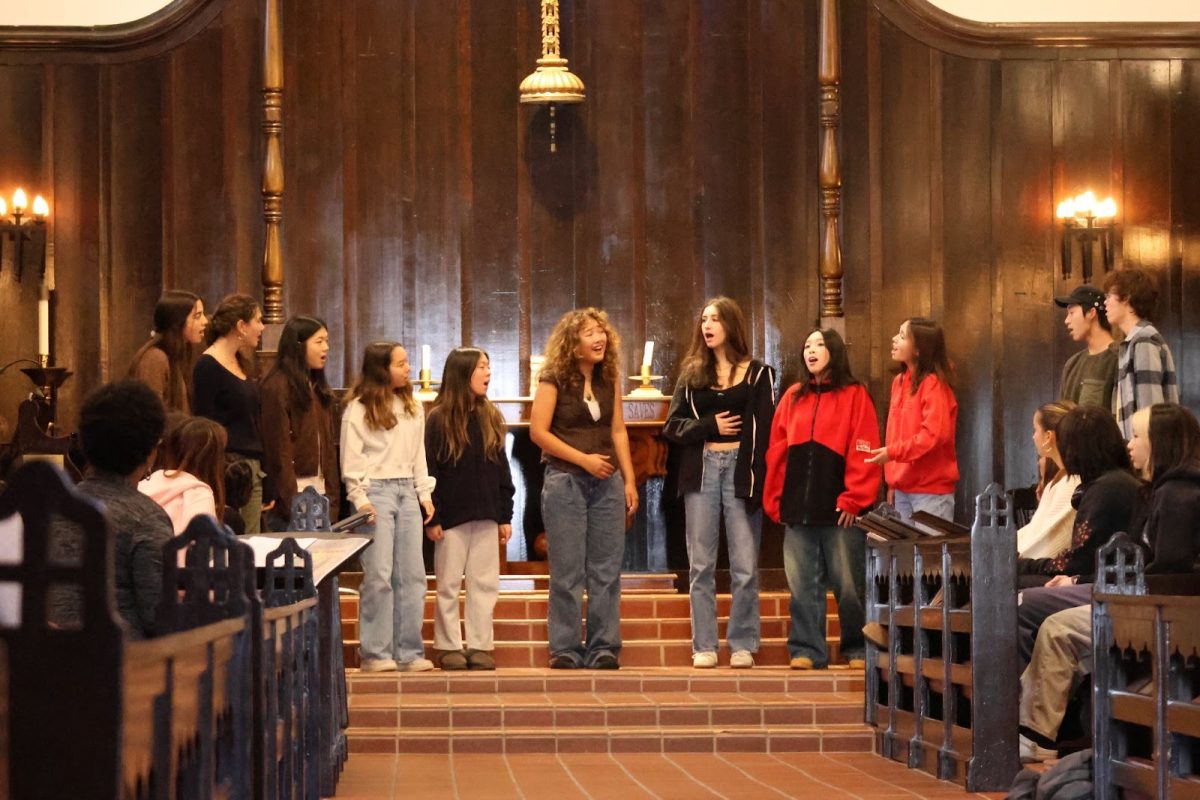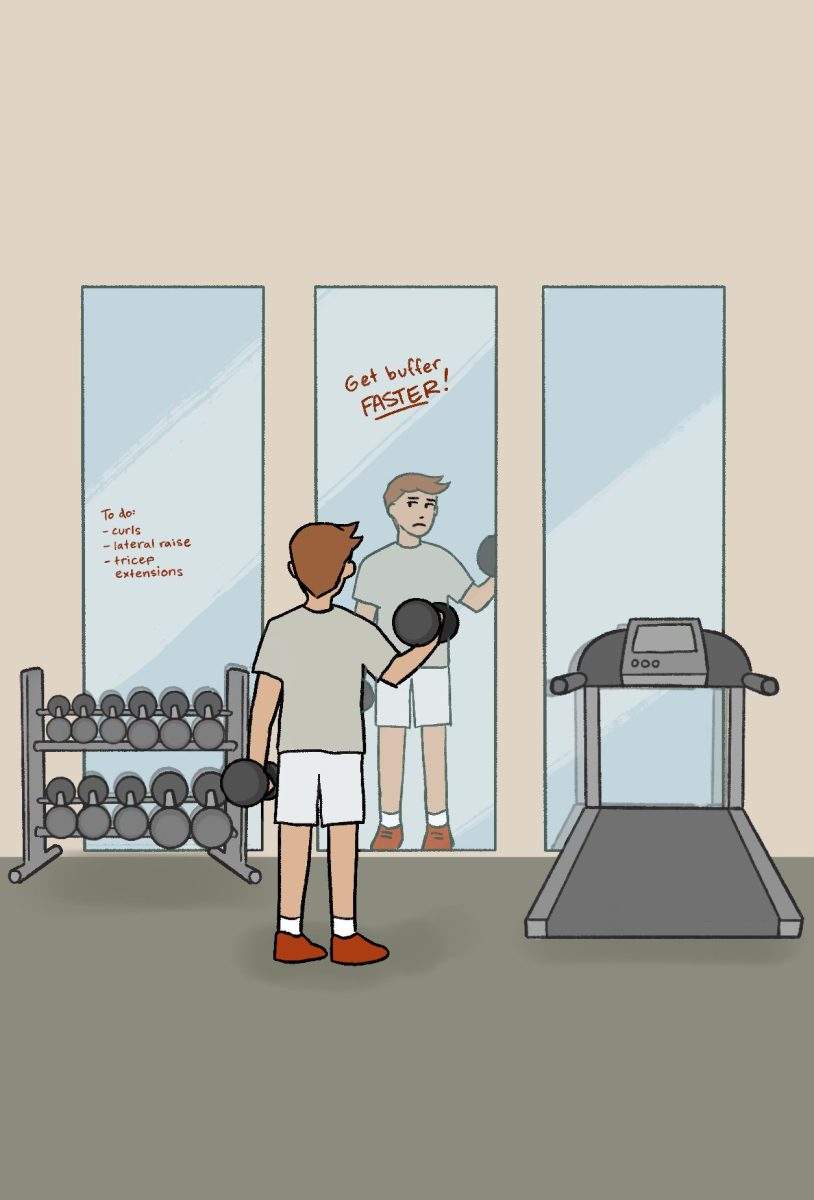By Carly Radist
When Elana Fruchtman â10 first met Elena, the little girl was hiding behind her mother and didnât speak a word. Fruchtman had experienced this before in her work at a theatrical camp for children with special needs, primarily autism. She spent time with Elena, drawing with her and keeping her company, acting as a companion. This was their way of connecting. Before long, to Fruchtmanâs surprise, Elena came running up to hug her, calling her name, making Fruchtman feel ecstatic that Elena spoke to her.
“Watching her grow each day and come into camp more enthusiastic than the day before made me feel so special,” Fruchtman said.
For the past year, Fruchtman has been involved with the Miracle Project, which is an organization run by the Jewish Federation at Vista del Mar. The program works with a broad spectrum of children with autism, as well as siblings of the autistic children called “typical kids.” There are severely low-functioning children as well as high-functioning children with a form of autism called Aspergerâs. The program runs from November to April in addition to holding a week-long summer workshop. Fruchtman is currently involved with the production Miracle Project is putting on this year, which meets once a week. Class begins with movement exercises to stimulate the brain followed by songs that the children are taught for the show.
“Every action that you do, there is a movement that is related to it, which triggers something in their brain so that they remember,” she said.
Fruchtmanâs curiosity sparked her interest in working with special needs children. She aspires to have a career working with the brain or another scientific discipline. At her elementary school, she participated in a program that aided children with mental and physical handicaps and she has grown to love working with special needs children.
“These kids should be heroes to everyone,” she said. “They have so much that stands in their way yet they love and learn every day. To be a part of that is extremely incredible.”
Lauren Gold â09 also spends time working with children with special needs. For the past four summers, she has volunteered at the Say Nâ Play speech camp in Culver City. It is a day camp that focuses on special needs children with speech problems. Most of the children have some form of autism, and some have Down Syndrome and speech impediments. Lauren is a speech buddy assigned to a classroom, each of which is divided by age.
“I never really met any kids with special needs when I was younger, so I didnât know exactly what it meant,” Gold said. “Ever since camp, Iâve gotten extremely interested in working with special needs children.”
According to Gold and Theodore Choi â09, who also works with autistic children, patience is an important trait to have when working with children with special needs.
“You really want to get frustrated and mad when they donât listen, but they canât help it and you have to keep telling yourself that,” Gold said.
Since Gold has worked at Say Nâ Play speech camp, she has gotten the chance to get to know many of the children. Cody, one of her favorites, has been at the speech camp for years. He has a very low-functioning form of autism, but has learned and improved over the years, Gold said.
“It was so wonderful to a part of Codyâs experience and transformation,” she said. “It means so much every time he runs up to hug me and remembers my name.”
Choi has worked with children with autism for about four years. He volunteers with the Wheat Mission in Southern California, specifically with the program Class Agape, which is religiously affiliated and begins each session with worship. Choi works with Class Agape year-round, going to the sessions once a week on Saturdays. Volunteers do arts and crafts with the children.
“They are very smart,” Choi said. “A lot of them recognize the pattern they go through every day.”
One of his most memorable experiences was from this past summer, when he attended the camp retreat. Choi formed a close bond with a particular child, a fulfilling experience, Choi said.
For all of these students, these experiences working with special needs children have impacted the way they view others.
“Iâve gotten really into correcting people that say phrases like âthatâs retarded,â that it is politically incorrect to say that,” Gold said. “Iâve witnessed kids who lead a different life.”

